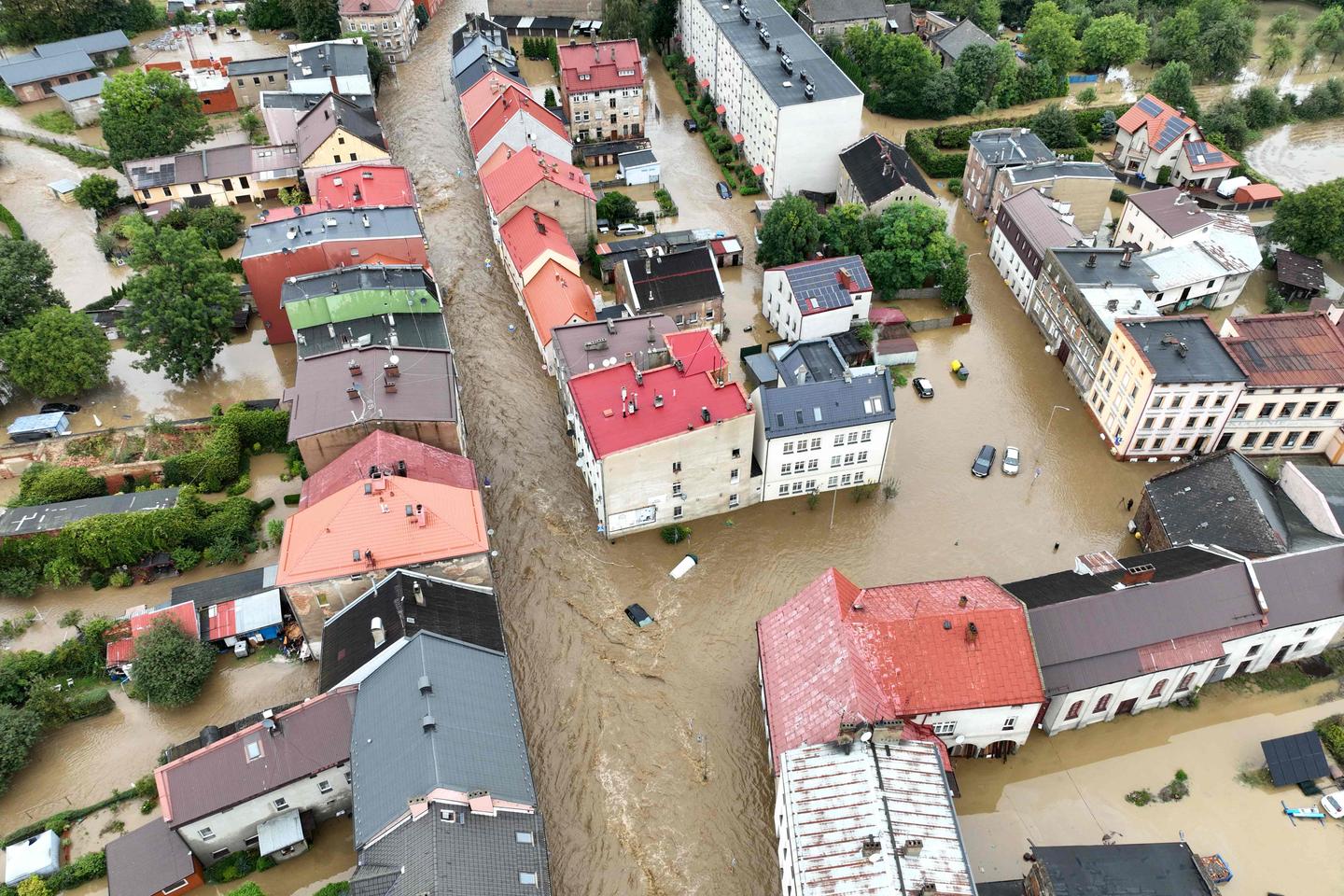Democracy & Environment: The Vital Role of NGOs
Editor’s Note: The interconnectedness of democracy and environmental protection is increasingly critical. This article explores the vital role NGOs play in safeguarding both.
Why This Topic Matters
The health of our democracies and our environment are inextricably linked. Environmental degradation can fuel social unrest, undermining democratic institutions. Conversely, strong democratic systems are essential for effective environmental governance and sustainable development. This article examines how Non-Governmental Organizations (NGOs) act as crucial bridges between these two vital spheres, advocating for policy changes, empowering communities, and monitoring environmental impacts. We will explore their diverse roles, challenges, and ultimate contribution to a more sustainable and democratic future.
Key Takeaways
| Point | Description |
|---|---|
| NGO Advocacy | NGOs influence policy through lobbying, campaigning, and public awareness. |
| Community Empowerment | NGOs empower local communities to participate in environmental decision-making. |
| Environmental Monitoring | NGOs track environmental damage and hold governments and corporations accountable. |
| International Collaboration | NGOs facilitate cooperation on transnational environmental issues. |
| Challenges Faced | Funding limitations, political pressures, and capacity building are key challenges. |
Democracy & Environment: The Vital Role of NGOs
The symbiotic relationship between democracy and the environment is becoming increasingly apparent. A healthy environment is crucial for social stability and economic prosperity, both cornerstones of a functioning democracy. Conversely, a robust democratic system is needed to ensure effective environmental protection and sustainable resource management. This is where NGOs play a pivotal role.
Key Aspects
NGOs contribute to both democracy and environmental protection through diverse activities including: advocacy for stronger environmental regulations, community education and empowerment, independent monitoring of environmental impacts, and fostering international cooperation on transboundary environmental issues.
Detailed Analysis
Advocacy: NGOs exert significant influence on environmental policy through lobbying efforts, public awareness campaigns, and litigation. They often represent the interests of marginalized communities affected by environmental degradation, ensuring their voices are heard in policy discussions.
Community Empowerment: Many NGOs focus on empowering local communities to participate in environmental decision-making. This involves providing education, training, and resources to enable communities to manage their natural resources sustainably and advocate for their rights.
Environmental Monitoring: NGOs play a critical role in independent monitoring of environmental impacts, holding governments and corporations accountable for their actions. They conduct research, collect data, and report on environmental violations, contributing to transparency and improved environmental governance.
International Collaboration: Transboundary environmental issues like climate change require international cooperation. NGOs facilitate this collaboration by connecting stakeholders across borders, sharing information, and promoting joint action.
Interactive Elements
NGO Advocacy: Strategies and Effectiveness
Introduction: Effective advocacy is crucial for NGOs to influence environmental policy and promote democratic participation.
Facets: NGO advocacy strategies include lobbying, public awareness campaigns (using social media, protests, etc.), and legal action. Effectiveness depends on factors like resource availability, political context, and the NGO's credibility. Risks include facing opposition from powerful interests, while mitigations involve building strong coalitions and employing strategic communication. The impact is seen in policy changes, increased public awareness, and greater accountability.
Community Empowerment: Case Studies
Introduction: Empowering local communities is vital for sustainable environmental management and strengthens democratic processes.
Further Analysis: Successful community empowerment projects often involve participatory planning, capacity building, and access to resources. Examples include community-based forest management initiatives and sustainable agriculture projects. The broader implications include greater environmental stewardship, increased community resilience, and enhanced local ownership of environmental resources. The closing emphasizes the importance of community participation for effective environmental governance and democracy.
People Also Ask (NLP-Friendly Answers)
Q1: What is the role of NGOs in environmental protection?
A: NGOs play a crucial role in environmental protection through advocacy, community empowerment, monitoring, and international cooperation, pushing for sustainable practices and holding polluters accountable.
Q2: How do NGOs promote democracy?
A: NGOs promote democracy by empowering marginalized communities, advocating for transparency and accountability in governance, and fostering citizen participation in environmental decision-making.
Q3: What challenges do environmental NGOs face?
A: Environmental NGOs face challenges such as limited funding, political pressure, security risks, and the need for continuous capacity building.
Q4: How can I support environmental NGOs?
A: You can support environmental NGOs by volunteering your time, donating money, spreading awareness, and advocating for policies that protect the environment.
Q5: What are some examples of successful environmental NGOs?
A: Examples of successful environmental NGOs include Greenpeace, WWF, and The Nature Conservancy, each with diverse approaches and global impacts.
Practical Tips for Supporting Environmental NGOs
Introduction: Even small actions can make a big difference in supporting NGOs working to protect both democracy and the environment.
Tips:
- Donate: Financial contributions, however small, can provide crucial support.
- Volunteer: Offer your skills and time to assist with campaigns or projects.
- Advocate: Contact your elected officials to express your support for environmental policies.
- Educate: Share information about environmental issues with your network.
- Support Sustainable Businesses: Choose companies committed to environmental responsibility.
- Reduce Your Footprint: Adopt eco-friendly practices in your daily life.
- Join a Campaign: Participate in NGO-led campaigns to promote environmental protection.
- Spread Awareness: Share NGO content on social media to raise awareness.
Summary: Supporting environmental NGOs is an investment in a healthier planet and a stronger democracy.
Transition: The combined efforts of NGOs, citizens, and governments are essential for achieving a sustainable future.
Summary (Resumen)
This article highlighted the vital role of NGOs in bridging the critical connection between democracy and environmental protection. Their diverse actions—advocacy, community empowerment, monitoring, and international collaboration—contribute significantly to sustainable development and good governance.
Closing Message (Mensaje Final)
The future of both our democracy and our environment depends on collective action. Let's consider how we can all contribute to empowering NGOs in their crucial work.
Call to Action (Llamada a la Acción)
Learn more about environmental NGOs in your area and find ways to support their vital work. Share this article to spread awareness and inspire others to take action!

